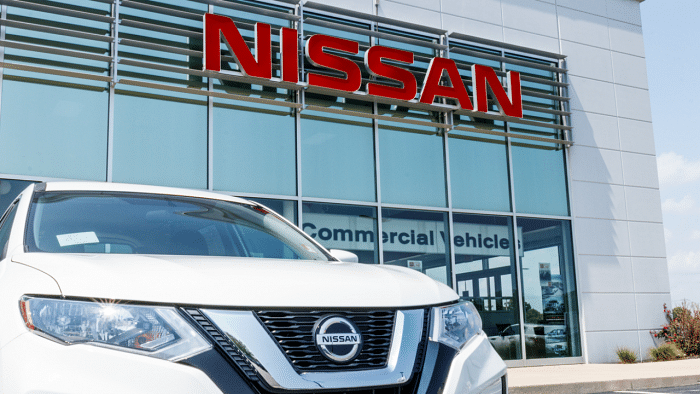
Automaker Nissan wants half its global sales to be electric or hybrid vehicles by 2030 and plans to plough billions of dollars into the effort, it announced Monday.
The move follows in the footsteps of other major global automakers, which have increasingly signalled a move towards electric and hybrid vehicles as concern about climate change grows.
Also Read: Future is electric; initiatives encouraging India Inc to adopt clean solutions, says Niti Aayog
Unveiling its new long-term plan, Nissan said it will launch 23 new models, including 15 new electric vehicles, in a bid to reach the 2030 goal.
Last year, only around 10 per cent of Nissan's global sales were EVs or hybrids, and the firm said the new target would help it achieve carbon neutrality across the lifecycle of its products by 2050.
Nissan has been battered by a series of problems in recent years, ranging from weak demand even before the pandemic, to the fallout from the arrest and subsequent escape of former boss Carlos Ghosn.
After falling behind rivals during the pandemic, it has begun clawing back performance, tripling its full-year net profit forecast earlier this month despite the impact of a global chip shortage.
In a statement, Nissan CEO Makoto Uchida said the long-term plan announced Monday would "transform Nissan to become a sustainable company."
It's a move seen across the auto industry with Sweden's Volvo pledging to switch all sales away from traditional fuel cars by 2030, and Japan's Honda setting the same target by 2040.
Top-selling Toyota says by 2030 all the vehicles it sells in Europe will be electric or hybrid models, with a goal of 70 per cent in North America and 100 per cent in China by 2035.
Nissan said 20 of its new electric models would hit the market in the next five years, setting a target for electric cars to make up 75 per cent of sales in Europe by fiscal 2026.
The Japanese automaker said it will invest two trillion yen ($17.5 billion) over the next five years to speed up electrification, aiming to launch electric vehicles with its proprietary batteries by 2028.
Electric and hybrid vehicles are being increasingly adopted in the face of concern about climate change, with Britain moving to ban new sales of diesel and petrol cars in the UK from 2030.
US President Joe Biden earlier this year announced a target for half of all ears sold domestically by 2030 to be zero-emission.
At present, around 10 per cent of European car sales are EVs, but the US figure is just two per cent.
Watch latest videos by DH here: